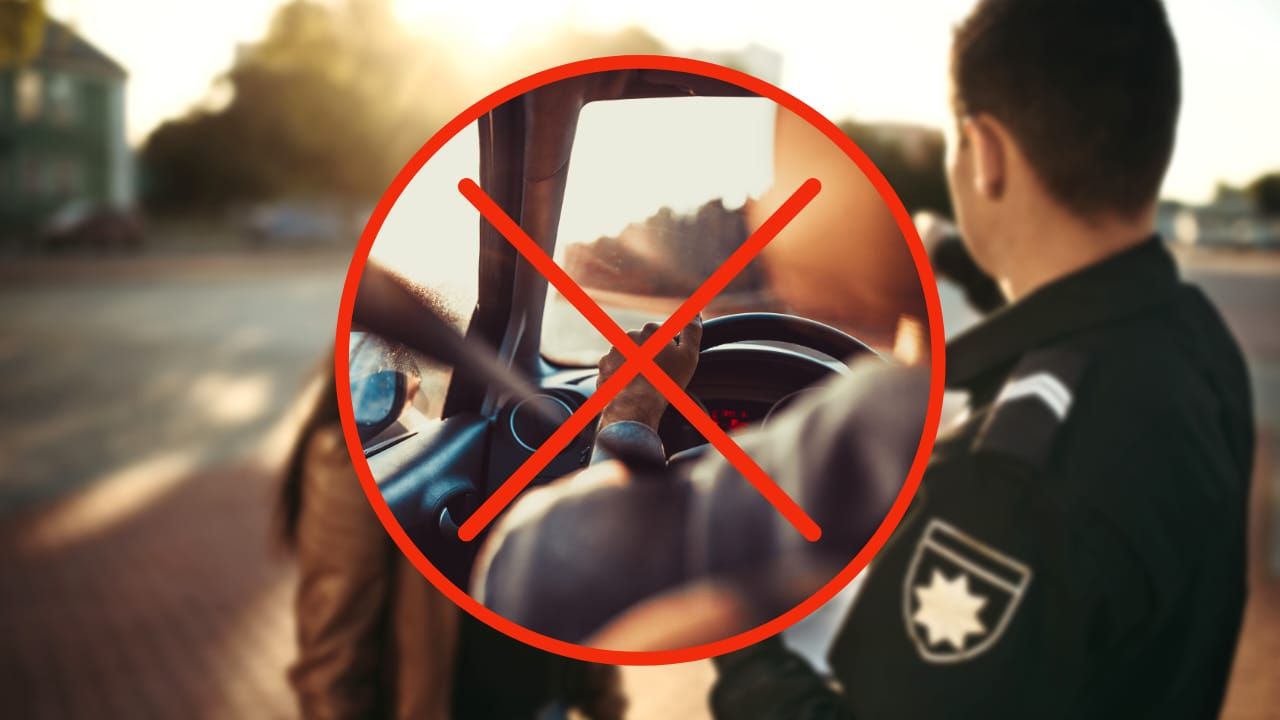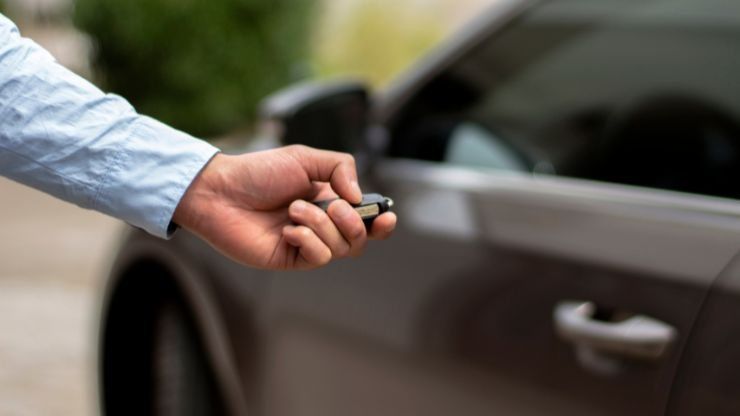It will have happened at least once in your life to have to drive another person’s car or to lend the vehicle to someone, whether it’s a family member or a friend and to ask yourself very specific questions.

This is a widespread habit all over the world. There is nothing wrong with doing it, in fact it is an appreciable gesture. However, it must be remembered that there are some caveats which allow you to lend your car, or to borrow it, while avoiding unpleasant and unpleasant situations.
Each of us can choose whether or not to lend their car, this is a personal decision that in any case must be done with awarenessattention and scruple.
When you lend a car, the driver is just as responsible as the owner, so be careful even with those who borrow the vehicle, it is good that they are a person observant of the rules and scrupulous.
Let’s clarify the matter, what the Highway Code says about lending cars to third parties
Fake news has always been circulating on the subject, in fact, often to the questions, there is no answer because one does not really know what to believe and when to believe it. It is absolutely not true that the highway code prohibits the lending of vehicles to third parties.
The car can be lent to anyone, insurance permitting, always respecting the rules. Article 94 paragraph 4-bis of the Highway Code deals precisely with this discourse.
The law does not establish that you cannot drive the vehicle registered to another person, it only forbids it the continuous use of the motor vehicle, without kinship ties.

What happens if you are not in compliance and in which cases you need to communicate the data to the DMV
This means that in the case of company cars, if an employee uses the company car to get around every day, for a period exceeding 30 daysthe owner of the vehicle must request the modification of the headings of the circulation documents.
To do this, he must communicate the data to the civil motorization which will note the changes directly on the registration certificate. If the landlord decides not to do so, there are fines from a minimum of 728 euros to a maximum of 3,636 euros with withdrawal of the registration certificate.
This speech is not valid for children who for example they can drive their parents’ car, without any danger and without time limits. The same thing obviously applies to the husband who can lend his car to his wife when he wants for as long as he wants without risking fines.




